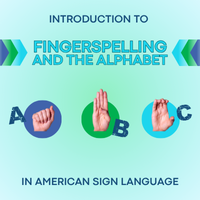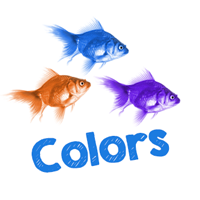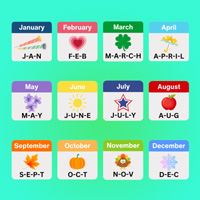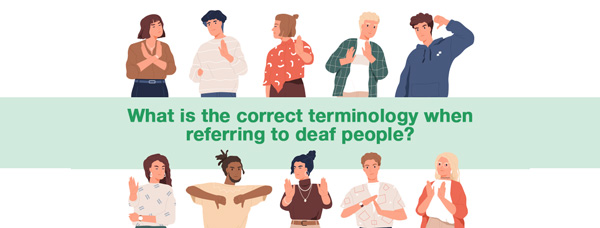
What is the correct terminology when referring to deaf people?
What should you call a deaf person? Easy answer: deaf.
Most deaf people prefer to be called: deaf. It’s not a dirty word! Deaf and hard of hearing are the two most widely accepted terms to use when referring to someone with hearing loss.
You could say:
• They are deaf.
• They are hard of hearing.
• They have hearing loss.
• They are someone with hearing loss.
Deaf is also sometimes used to refer to people who identify as Deaf, deaf, deafblind, deafdisabled, hard of hearing, late-deafened, and hearing impaired.
However, some terms such as hearing impaired, deaf-mute, deaf and dumb, hearing deficient, and disabled are considered offensive and should NOT be used.
Deaf-Mute
No. Deaf-mute is no longer an acceptable term. Mute refers to someone who cannot talk. Most deaf people have vocal chords and voices. Some deaf people just prefer to communicate exclusively in sign language.
Deaf-Dumb or Deaf and Dumb
No. Deaf-dumb was the 19th century terminology. Today it is an offensive term.
Hearing Impaired or Hearing Deficient
No. Some people think the term “hearing impaired” is more polite than “deaf,” and that "hearing impaired" is not as bad as “deaf and dumb” or “deaf-mute,” but the term hearing impaired is still negative/pejorative.
Hearing impaired defines deaf people in terms of having broken or defective ears. It describes something that needs to be fixed in order to be labeled “normal.” It focuses on what people can not do. These phrases should NOT be used.
Disabled
No. Similar to calling a deaf person “impaired,” describing them as “disabled” is focusing on what they can NOT do. Deaf people are very abled; they can do anything except hear.
There are many institutions, such as government, educational, and medical institutions that use long-established terms that have become outdated. Institutions can be slow to change. If you are looking for best practices, look at the terminology used by organizations run by the Deaf. Ask the deaf person or deaf people how they identify themselves.
Deaf vs. deaf
Being deaf and Deaf are not the same thing.
The word deaf (not capitalized) is the terminology used to describe the audiological condition of hearing loss.
The word Deaf (capitalized) is the terminology used by deaf people who are culturally deaf and identify themselves as members of a Deaf community. In this context, the word Deaf is associated with great pride for one’s culture and community. This is sometimes called “big D Deaf."
ADVERTISEMENTS
 Marta Belsky is Deaf and a third generation ASL user. She has been teaching ASL for over 35 years and enjoys sharing her native language with new users. She has a Bachelor's degree from Gallaudet University and a Masters in Deaf Education from Western Maryland College. She has taught ASL at multiple universities, coordinated interpreter services at a major university, and is a co-owner of Signing Savvy.
Marta Belsky is Deaf and a third generation ASL user. She has been teaching ASL for over 35 years and enjoys sharing her native language with new users. She has a Bachelor's degree from Gallaudet University and a Masters in Deaf Education from Western Maryland College. She has taught ASL at multiple universities, coordinated interpreter services at a major university, and is a co-owner of Signing Savvy.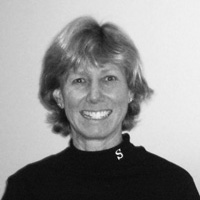 Brenda Cartwright is a Coda, seasoned interpreter, a master teacher, well known presenter, and author of several best selling sign language and interpreting textbooks from the RID Press. For 35 years Brenda was the Chair of the Sign Language Interpreter Program at Lansing Community College in Lansing, Michigan.
Brenda Cartwright is a Coda, seasoned interpreter, a master teacher, well known presenter, and author of several best selling sign language and interpreting textbooks from the RID Press. For 35 years Brenda was the Chair of the Sign Language Interpreter Program at Lansing Community College in Lansing, Michigan.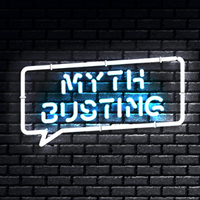 8 Myths About Deaf People
8 Myths About Deaf People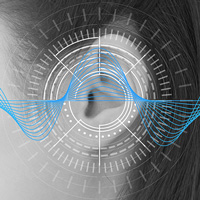 How do people become deaf?
How do people become deaf? Do deaf people ever wish they were hearing?
Do deaf people ever wish they were hearing?

